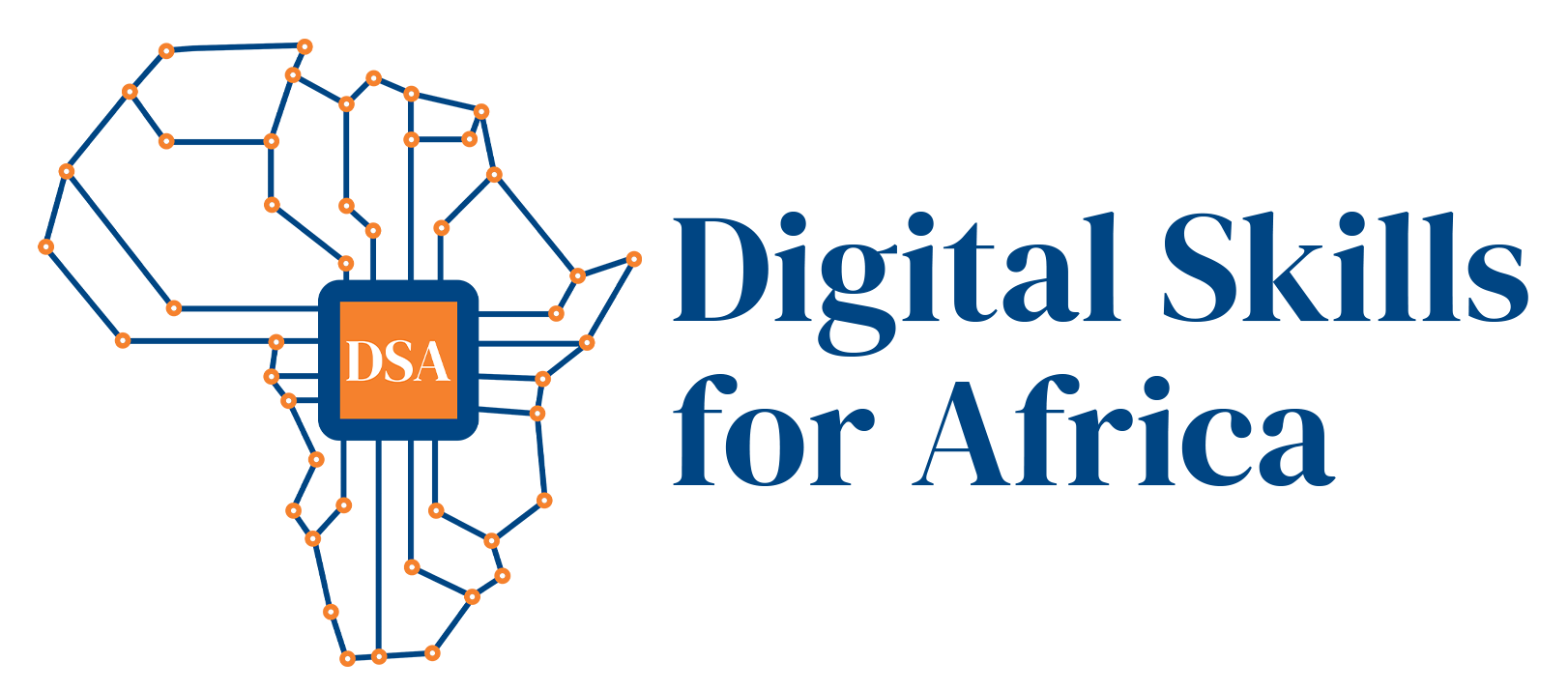Lesson 1: Understanding AI
Lesson Overview
This lesson equips individuals with the introductory knowledge about the world of AI. This is where you will learn to comfortably define AI and understand how it uses it’s technology to function, let us dive right in!
Learning Objectives:
- Define AI and its capabilities.
- Understand the different technologies used in AI
- Know the different types of AI tools for different cases
Introduction
AI refers to machines designed to perform tasks that typically require human intelligence, such as learning, reasoning, and problem-solving. The term encompasses a variety of subfields, each focusing on different aspects of intelligence.
Key Definitions
- Machine Learning (ML): A subset of AI that enables systems to learn from data and improve their performance over time without being explicitly programmed.
- Deep Learning: A specialized form of ML that uses neural networks with many layers (hence “deep”) to analyze various factors of data.
- Natural Language Processing (NLP): The ability of a machine to understand, interpret, and respond to human language in a valuable way.
Understanding AI also involves familiarizing oneself with concepts such as algorithms, which are sets of rules or instructions given to an AI system to help it learn on its own. Data plays a pivotal role, as the quality and quantity of data directly influence the effectiveness of AI models. Additionally, the concept of autonomy in AI systems highlights their capability to perform tasks independently, making them invaluable in various professional settings.
Overview of Popular AI Tools: Features and Use Cases
- TensorFlow
Developed by Google, TensorFlow is an open-source library for numerical computation and machine learning. It offers flexibility and scalability, making it suitable for both beginners and experts. TensorFlow is widely used for building neural networks and deep learning models, particularly in image and speech recognition.
- PyTorch
PyTorch is another open-source machine learning library, favored for its dynamic computation graph and ease of use. It is particularly popular among researchers and developers for tasks such as natural language processing and computer vision, allowing for rapid prototyping and experimentation.
- Microsoft Azure AI
Microsoft Azure AI offers a comprehensive set of tools and services for building, training, and deploying AI models. With features like automated machine learning and cognitive services, it enables businesses to leverage AI for tasks such as predictive analytics and image recognition.
- Gemini
Gemini is an advanced AI system developed by Google DeepMind, designed to tackle complex tasks across multiple domains. It leverages cutting-edge reinforcement learning and large-scale language models to provide highly accurate and context-aware responses. Gemini is particularly known for its ability to handle multimodal inputs (text, images, and data) and generate outputs that are both insightful and actionable.
- Copilot
Copilot is an AI-powered coding assistant developed by GitHub in collaboration with OpenAI. Built on the foundation of OpenAI’s GPT models, Copilot is designed to assist developers by providing real-time code suggestions, autocompletion, and debugging support. It integrates seamlessly with popular Integrated Development Environments (IDEs) like Visual Studio Code, enabling developers to write code faster and more efficiently.
- DeepSeek
DeepSeek is an AI platform focused on delivering highly accurate and efficient solutions for natural language processing (NLP) and data analysis tasks. It is designed to handle large-scale datasets and complex queries, making it ideal for applications such as sentiment analysis, document summarization, and knowledge extraction. DeepSeek’s strength lies in its ability to process and analyze unstructured data with high precision.
Recommended watch: AI Explained
Conclusion
AI uses data to train and learn how to process problems, the various AI technologies such as deep learning and natural language processing help in developing more user-friendly AI that can easily help solve complex problems. By this stage not only are you aware of these technologies but you are also able to utilize some of the featured AI tools for their tailored purposes.
